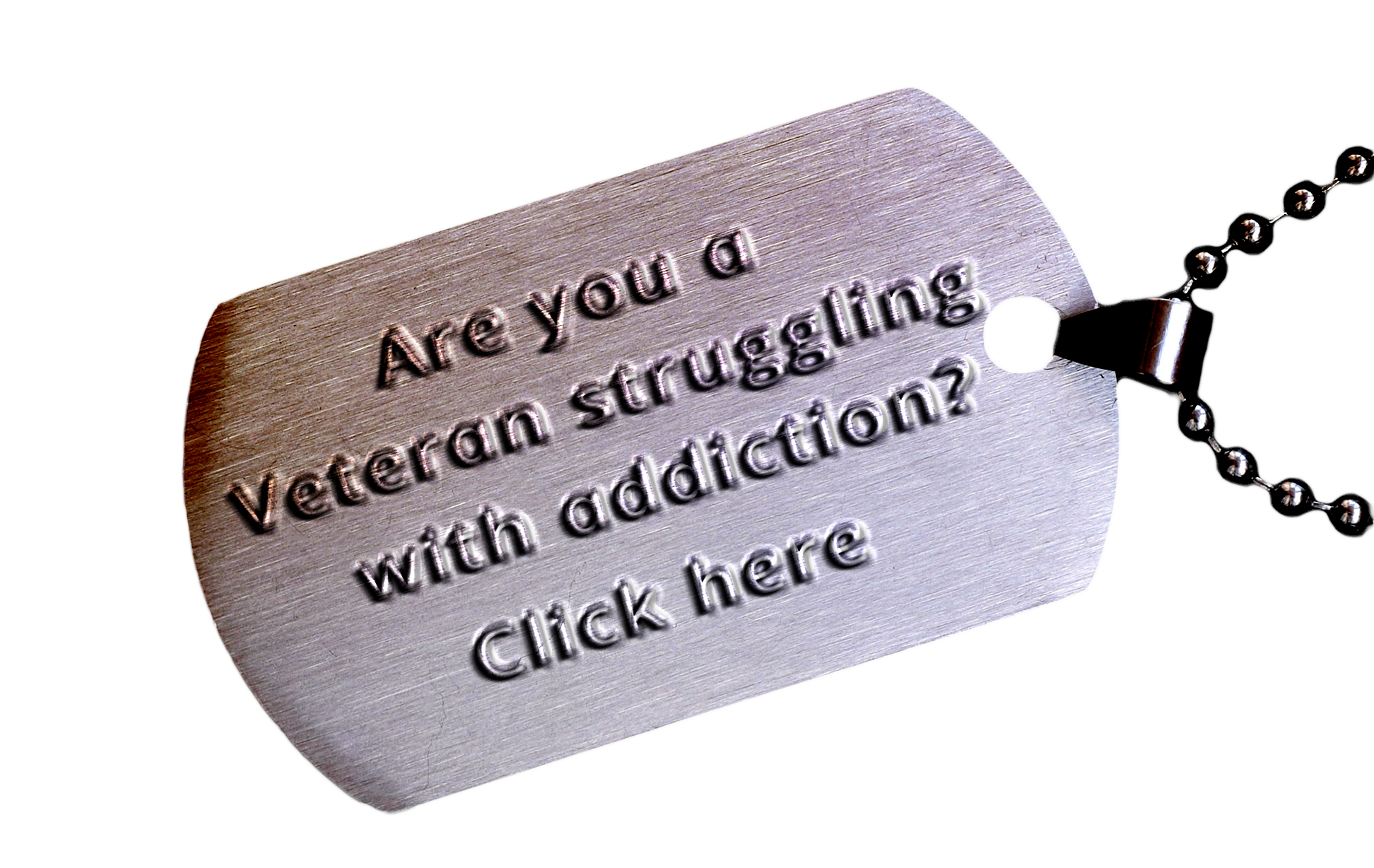Some people decide to take Xanax and drink alcohol simultaneously, thinking that it will make the feeling of relaxation even stronger. However, that's not actually the case.
While both Xanax and alcohol are central nervous system depressants, taking both alcohol and Xanax can be quite a dangerous combination.
In this article, we will talk about why you shouldn't mix Xanax and alcohol, how to know whether someone you know is doing it, and answer some of the most frequent questions about these depressants.
Why Shouldn't You Mix Xanax and Alcohol
On top of that, even people who already tried mixing the two substances and felt fine that time could have a terrible reaction next time.
Mixing drugs and alcohol makes your liver work extra hard, as they are both broken down by the same liver enzymes. This means that it might take longer for your body to get rid of the toxins, which, in turn, means that the negative effects have more time to kick in.
When you mix alcohol with Xanax, you increase the potency of both of them. Instead of just becoming relaxed, you can end up feeling exaggerated tiredness, or, in extreme cases, you can even become unconscious or stop breathing.
What's more, Xanax and alcohol abuse also impact your memory, which is why you might forget, for example, how much you drank or if you already took Xanax, leading to taking another pill or drinking more, simply because you couldn't remember what you've already done.
The effects of mixing alcohol with Xanax can also have long-term consequences, especially on your memory, causing both short-term and long-term memory losses, which can negatively impact your everyday life.
Abuse of these two substances can also lead to problems with your liver, such as fatty liver or cirrhosis of the liver, which can require a liver transplant or even be fatal.
Xanax and alcohol can intensify depression symptoms, including respiratory depression, which results in slow breathing and not enough oxygen reaching one's lungs. In severe cases, it might lead to cardiac arrest or brain damage.
Finally, constant substance abuse can lead to addiction - by mixing Xanax and alcohol long-term, you can become dependent on either of them.
What Happens When You Mix Xanax and Alcohol
You can also become irritated or be in a depressed mood.
If, on the other hand, you've consumed more Xanax than alcohol, you will also feel the sedative effects, but you're more likely to experience a sense of euphoria.
Here is a short list of symptoms you might experience when mixing Xanax and alcohol.
Physical Effects
Behavioral Effects
How To Tell Someone Is Abusing Alcohol and Xanax
That's why probably the easiest approach would be to look for signs of alcohol addiction, which include:
What Happens When You Stop Abusing Alcohol and Xanax
How strong the symptoms will be depends on several factors, including how long you have been abusing the drugs, how much of them you usually take, what's your overall physical health, your age, and more.
You may experience symptoms like the following.
PAWS happens because your brain needs time to "readjust" itself. When you abuse alcohol and Xanax your body becomes used to relying on them to produce certain chemicals. Once you stop, your body needs to re-learn to produce the necessary amounts of those same chemicals.
How To Treat Alcohol and Xanax Addiction
The first step to overcoming addiction is admitting that you have a problem.
It's important to know that you should never try to quit cold turkey, as it can be quite dangerous. Life-threatening withdrawal symptoms can turn out to be more than you can deal with - getting out of an addiction is often a slow process that requires time and the help of a medical professional
One of the best ways to overcome an alcohol addiction, drug addiction, or any other type of addiction is through going an Addiction Treatment Center, like Miracles Asia. When you arrive at our rehab in Thailand, you will have professional help, that you can reach out to whenever you feel like giving up.
Xanax and Alcohol Abuse - Frequently Asked Questions
The misuse can happen in several ways, including:
1. Taking Xanax but not in the way it is prescribed.
2. Taking a higher dose of Xanax than you were prescribed.
3. Taking Xanax when you haven't been prescribed it.
4. Taking Xanax with other drugs and substances.





